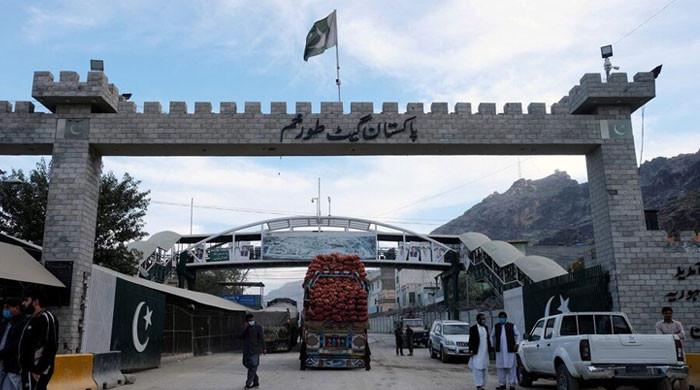Drastic budget cut for HEC shocks vice chancellors
Reduction will make it impossible for universities to pay salaries and pensions, let alone meet overall expenses required to run a university, says statement
May 27, 2022

- Drastic reduction in HEC budget upsets vice chancellors of public universities.
- Reduction will make it impossible for universities to pay salaries and pensions, says statement.
- The newly established federal government proposed cutting the education budget by more than half to Rs30 billion.
The vice chancellors of public universities have expressed grave concern and dismay over a drastic reduction in the Higher Education Commission (HEC) budget for fiscal year 2022-23, expressing fears that the reduction would make it impossible for universities to pay salaries and pensions, let alone meet the overall expenses required to run a university.
This was expressed in a statement issued by the HEC on Twitter.
In comparison to the rationalised demand of Rs104.983 billion, the Ministry of Finance has notified IBC (Indicative Budget Ceilings) of just 30 billion rupees for the HEC's recurrent grant, the statement read, adding that the amount is 45 percent less than the current year's (FY 2021-22) grant of Rs66.25 billion.
Over 120 heads of public sector universities from across the country attended a virtual meeting on Thursday to express their displeasure with the government's decision to cut the universities' budget by an unprecedented amount, and urged the Prime Minister, Finance Minister, and Minister of Education to look into the matter immediately and increase the budget as per rationalised demand, to avoid undermining the country's long-term socio-economic goals and save higher education.
The rationalised demand was provided after a rigorous examination and assessment process by a combined Assessment Committee of HEC and Ministry of Finance of the required for 100 current universities, 49 Research Centres/Institutes, and 18 new institutions (eligible for financing), stated the notification.
According to HEC, in a meeting, the VCs emphasised that Pakistani universities are already under severe financial strain as a result of five years of stagnant financing. The COVID-19 pandemic has added to the financial strain by raising costs and limiting fee inflows.
They said that public universities would have little choice but to raise student fees dramatically and boost student intake beyond capacity, claiming that the consequences would bring the system to its knees and severely erode the quality of learning and graduates.
"Universities will not be able to survive if the CFY supplementary grant of Rs15 billion promised by the government last year is not granted, funding cuts are not reversed, and the budget for FY 2022-23 is not allocated as per demand, according to the university leaders," said HEC.
"It must be acknowledged that education is as essential as the country's defence and security," HEC Chairman Tariq Banuri said at the meeting. He underlined his concern that, if implemented, the budget cut would plunge the higher education industry into chaos. He emphasised the importance of making a united and unambiguous case to the government about the loss and implications of historic cuts to higher education funding.
Dr. Shaista Sohail, Executive Director of the HEC, highlighted the issues facing higher education, particularly in light of anticipated budget cuts. She expressed her disappointment that the recurring grant provided to HEC has remained nearly unchanged since FY 2017-18, and that its share of GDP has continued to decline to 0.14 percent in the current fiscal year.
She stated that the higher education sector has experienced great growth in the last five years as a result of the federal/provincial governments' establishment of a large number of new universities/HEIs, as well as a significant increase in student enrolment.
Education budget likely to be slashed
On Thursday, the newly established federal government proposed cutting the education budget by more than half to Rs30 billion for the fiscal year 2022–23, compared to the previous allocation of Rs65.25 billion.
The provisional indicative budgetary ceiling and revised estimates for 2021-22 are worth Rs65,250 million, according to a circular published by the Finance Division, The News reported Wednesday, while the budget projections for grants relating to the HEC are around Rs30,000 million.











